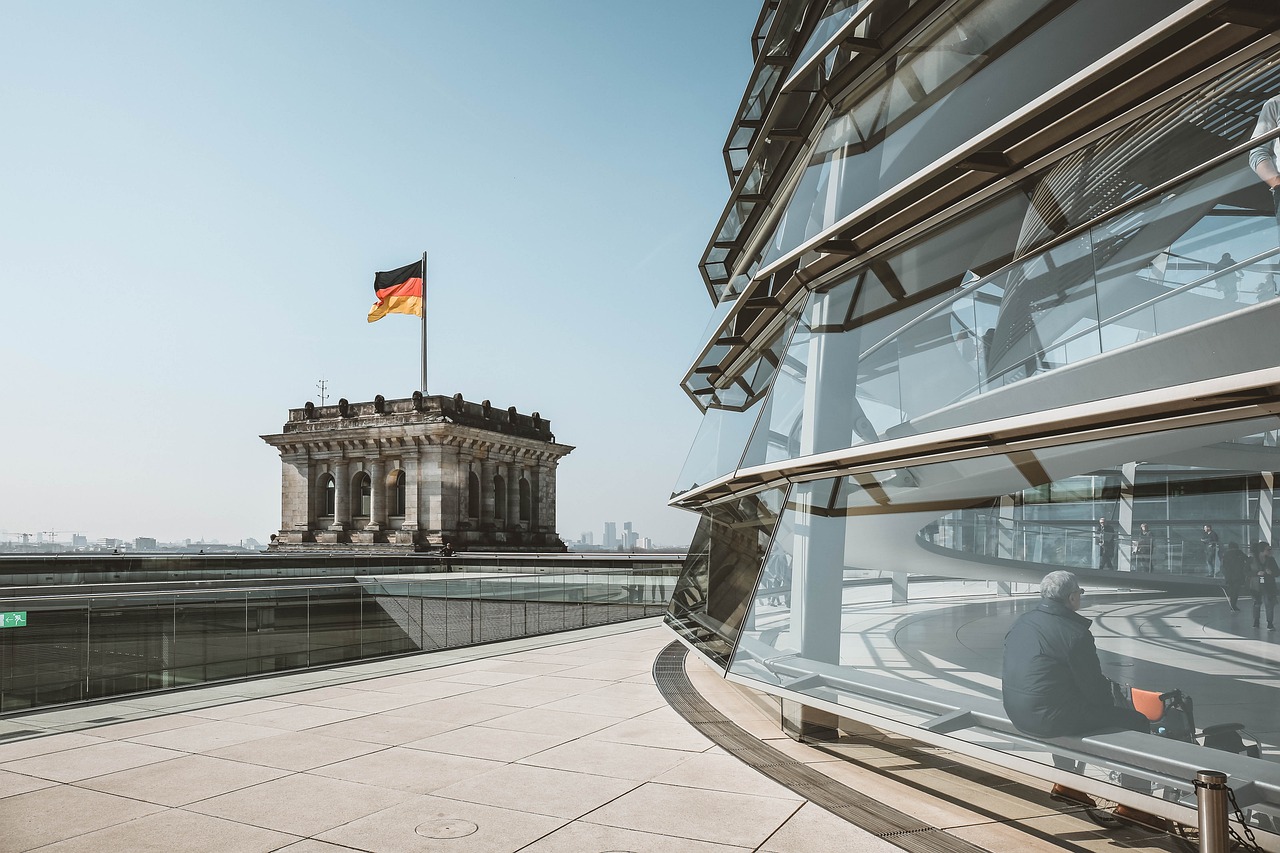Exploring German Culture: Traditions, Customs, and Modern Life
Germany, with its rich history and diverse regions, boasts a vibrant and multifaceted culture. From traditional customs to contemporary innovations, German culture is a captivating blend of the old and the new. In this blog post, we’ll explore various aspects of German culture, giving you insights into what makes this country so unique and fascinating.
Historical and Cultural Heritage
Germany’s history has significantly shaped its cultural landscape. The country has a deep historical heritage that is evident in its architecture, literature, music, and art.
- Architecture: Germany is home to an array of architectural styles, from medieval castles and Gothic cathedrals to Bauhaus modernism and contemporary designs. Iconic structures like the Cologne Cathedral, Neuschwanstein Castle, and the Brandenburg Gate are must-see landmarks.
- Literature: German literature has made substantial contributions to world culture. Writers such as Johann Wolfgang von Goethe, Friedrich Schiller, Thomas Mann, and Hermann Hesse are celebrated globally. Their works reflect the depth and complexity of German thought and history.
- Music: Germany has a rich musical tradition, being the birthplace of classical composers like Johann Sebastian Bach, Ludwig van Beethoven, and Richard Wagner. The country also has a vibrant contemporary music scene, with genres ranging from techno in Berlin to folk music in Bavaria.
- Art: German art spans from medieval to contemporary, with significant movements such as the Renaissance, Baroque, and Expressionism. The Bauhaus movement, founded in Weimar, revolutionized modern art and design.
Traditional Customs and Festivals
Germany’s traditional customs and festivals provide a glimpse into its cultural heart. Many of these traditions are region-specific, highlighting the country’s cultural diversity.
- Oktoberfest: Held annually in Munich, Bavaria, Oktoberfest is the world’s largest beer festival. It features traditional Bavarian music, food, and, of course, beer. Participants don dirndls and lederhosen, adding to the festive atmosphere.
- Christmas Markets: Germany’s Christmas markets (Weihnachtsmärkte) are renowned for their festive charm. Cities and towns transform into winter wonderlands with stalls selling handmade crafts, traditional foods, and mulled wine (Glühwein).
- Karneval/Fasching: Known as the “fifth season,” Karneval is a time of celebration before Lent, particularly vibrant in the Rhineland cities of Cologne, Mainz, and Düsseldorf. It includes parades, costumes, and parties.
- Easter Traditions: Easter is celebrated with various customs, including the decorating of Easter eggs, Easter fires, and the Easter Bunny. Many regions have unique traditions, such as the Sorbian egg painting in eastern Germany.
Contemporary German Culture
Modern Germany is a dynamic and innovative country, embracing contemporary culture while preserving its rich heritage.
- Cuisine: German cuisine varies by region but includes staples like sausages (Wurst), bread (Brot), and beer. Contemporary German cuisine has also embraced international influences, creating a diverse food scene. Don’t miss trying a traditional German breakfast (Frühstück), which often includes a variety of breads, cold cuts, cheeses, and jams.
- Cinema: Germany has a vibrant film industry, with a history of influential cinema from the silent films of Fritz Lang to contemporary directors like Fatih Akin and Tom Tykwer. The Berlin International Film Festival (Berlinale) is one of the world’s leading film festivals.
- Environmentalism: Germany is known for its commitment to environmental sustainability. The country is a leader in renewable energy and green technology. Urban areas often feature extensive recycling programs, bike lanes, and green spaces.
- Innovation and Technology: As a global leader in engineering, automotive design, and technology, Germany is home to major companies like Volkswagen, Siemens, and SAP. The country’s emphasis on education and research drives its reputation for innovation.
Social Etiquette and Norms
Understanding German social etiquette and norms can enhance your travel experience.
- Punctuality: Germans value punctuality highly. Arriving on time for appointments, meetings, and social gatherings is expected and appreciated.
- Formality and Respect: Address people with their titles and last names unless invited to use their first names. A firm handshake is the typical greeting in business and formal settings.
- Direct Communication: Germans tend to be direct and straightforward in their communication. This is often seen as a sign of honesty and efficiency.
- Environmental Consciousness: There is a strong emphasis on environmental conservation. Recycling is taken seriously, and there are strict regulations regarding waste disposal.
Germany’s culture is a rich tapestry of history, tradition, and modernity. From its historic landmarks and traditional festivals to its contemporary innovations and environmental initiatives, there is much to explore and appreciate. Whether you’re delving into the arts, enjoying local cuisine, or participating in festive celebrations, experiencing German culture is a journey of discovery and delight.

